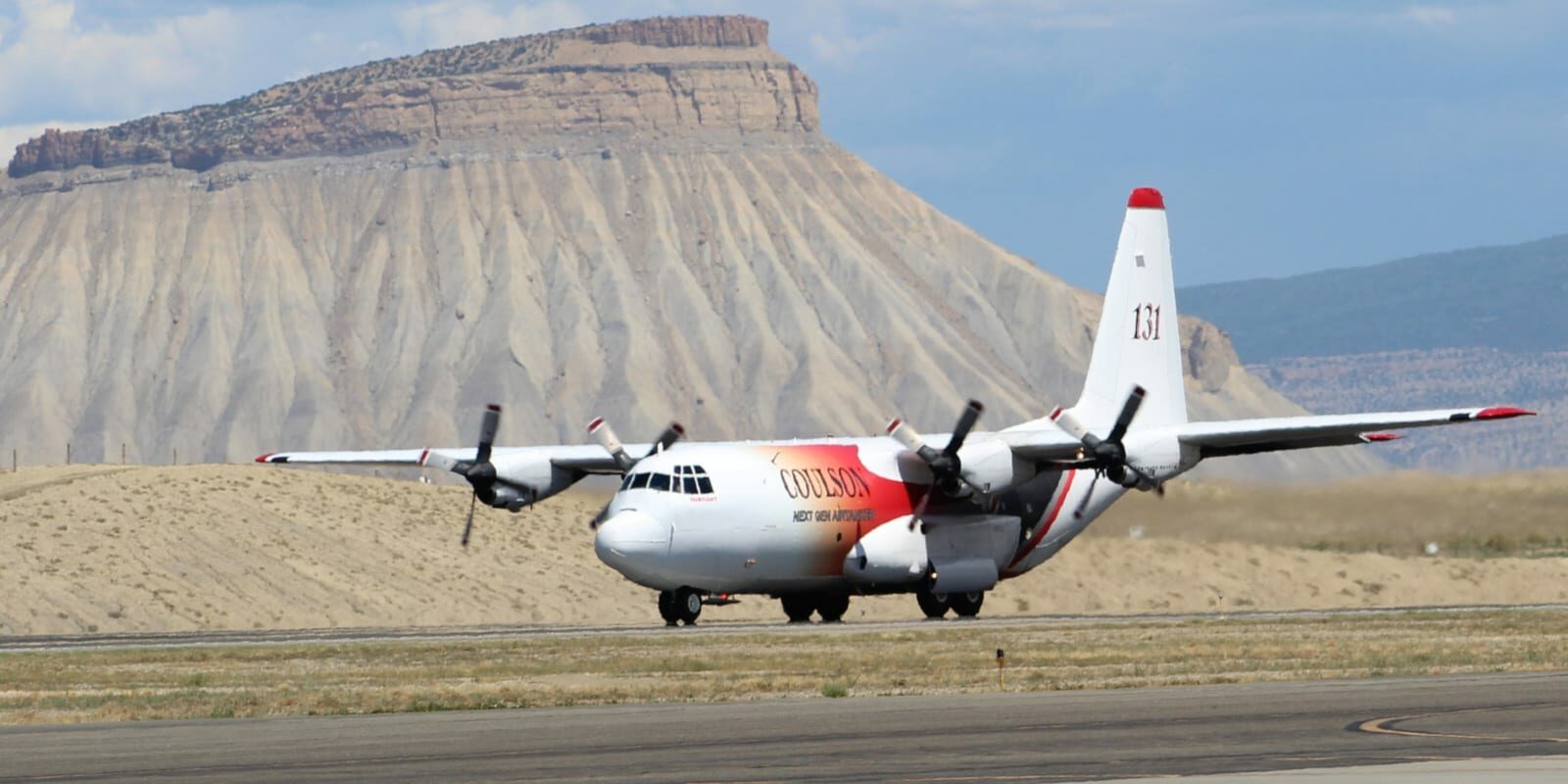by Greg Walcher, E&E Legal Senior Policy Fellow
As appearing in the Daily Sentinel
New York banning gas stoves and furnaces in all new construction has not produced any reductions in global carbon emissions. More federal regulation of dishwashers and air conditioners has not done the trick. Seventeen states banning the sale of gasoline-powered cars by 2035 is apparently not enough, either. Nothing climate activists have proposed so far will bring any change in the continued growth of coal mining, power plants and automobiles in places like China and India. So, the activists now have yet another target — airplanes.
Those “short-haul” flights take less than half the time of a train trip. But obviously the convenience of travelers was not a priority to legislators who voted for the ban. Perhaps even more shocking, the new policy is popular with the public — one poll shows 41% of the French population thinks travelers should be restricted to only four flights in their entire lifetimes.
To the extent some politicians are considering similar rules in the U.S., Western Slope residents should be worried. Such a policy would be unpopular in the West, obviously. But it will shock nobody to learn that many national leaders are unconcerned about inconveniencing people in rural areas like western Colorado.
Rules could be drafted differently in the U.S. than France, of course, though many of the national leaders in both countries are singing from the same hymnal these days when it comes to climate policies. Consider the flights to and from Grand Junction, where non-stops to Denver, Phoenix and Dallas/Fort Worth all take less than 2½ hours. By contrast, the daily Amtrak train trip from Grand Junction to Denver takes more than eight hours, so although it is among the world’s most scenic trips, it is hardly a suitable substitute for people traveling on deadlines. You might think that would keep policymakers from ever considering a ban on “short-haul” flights in the U.S. You would be wrong.






